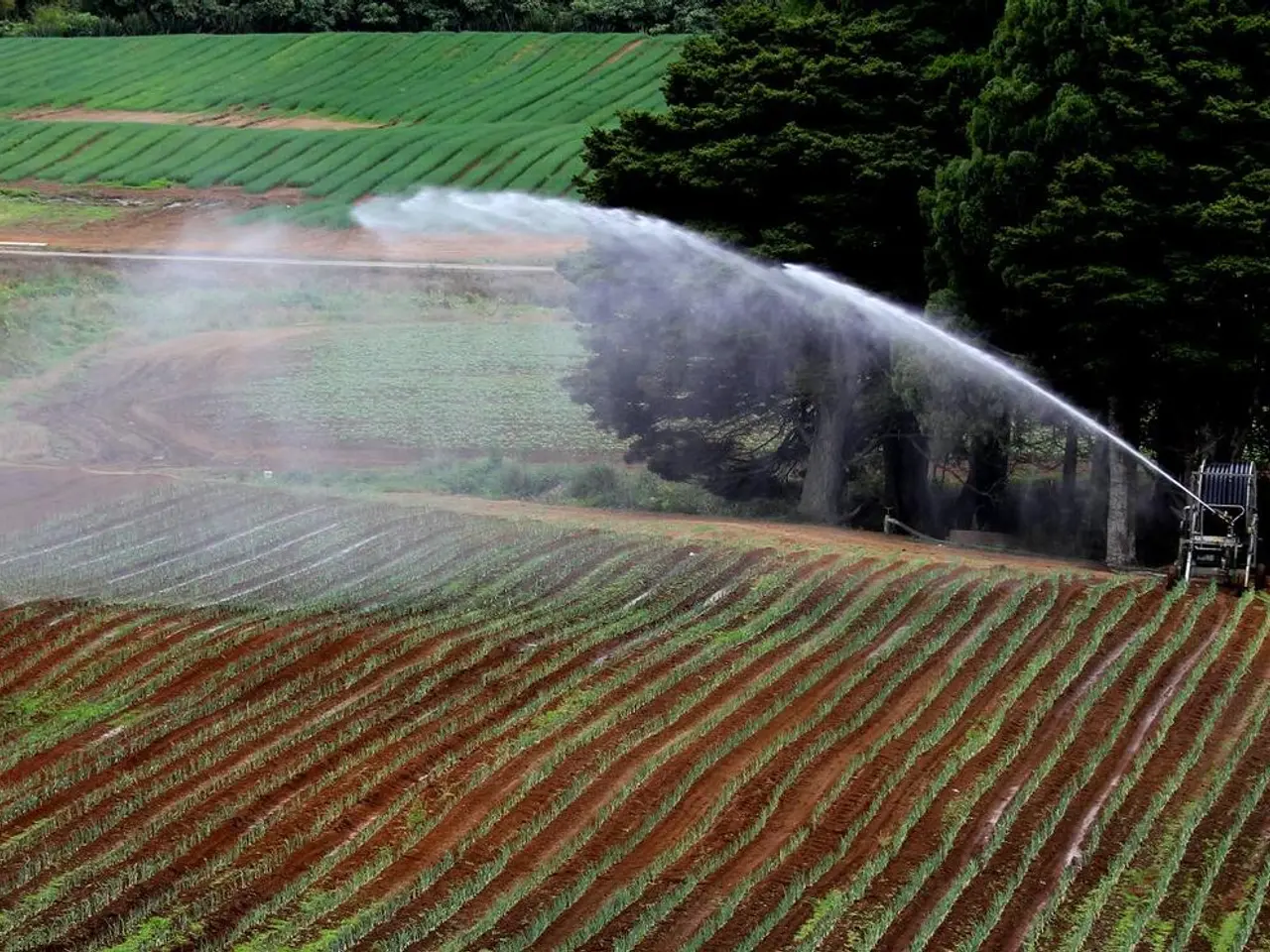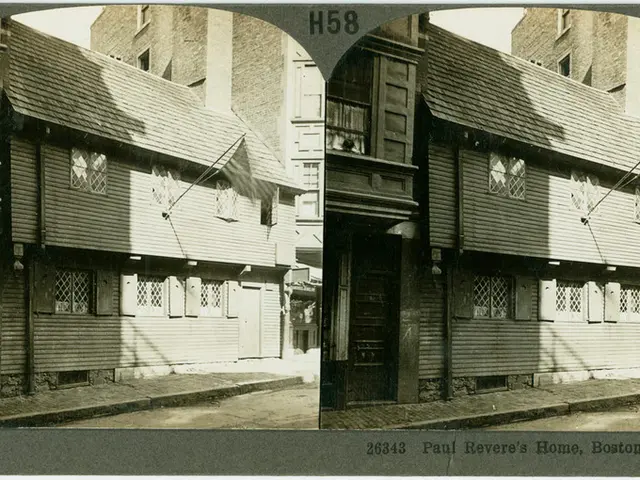Banks Need to Drive Africa's Green Growth Movement
Africa, the continent, is poised to embark on a transformative journey in the 21st century, with its industrialisation hinging on the marriage of AGII and APRA, two politically backed initiatives that, if executed well, could be game-changers. Last week, African leaders and policymakers gathered in Addis Ababa, Ethiopia, for the Africa Climate Summit 2.0, where the discussions centred around these two initiatives. The African Green Industrialisation Initiative (AGII) and the Accelerated Partnership for Renewables in Africa (APRA) are designed to support Africa's industrial transformation, focusing on energy-intensive but high-value sectors like green steel, electro-fertilisers, battery and component assembly, and agro-processing. AGII aims to mobilise resources, de-risk projects, and accelerate investments in renewable energy, sustainable industries, and climate-smart solutions. APRA, on the other hand, seeks to double Africa's renewable energy capacity by 2030, attract investment, lower risks, and deploy solar, wind, geothermal, and hydropower projects. Africa's young workforce, abundant critical minerals, and rapidly growing domestic markets, coupled with green energy and industrial policy, present real opportunities that should not be overlooked. The African Continental Free Trade Area (AfCFTA), initiated by the African Union and established in 2018, can help by unlocking economies of scale, harmonising regulation, enabling cross-border power and goods flows, and supercharging finance. The vision requires a massive financial mobilisation estimated at $2 trillion by 2030 for clean energy, infrastructure, and industry. For financiers, a continental market reduces offtake risk, making it more attractive to invest in renewable energy projects. KCB Group, a Pan-African banking institution, has set a precedent as a critical player in resource mobilisation, aiming to invest 25% of its loan portfolio in green initiatives by the end of this year. As an accredited entity of the Green Climate Fund (GCF) under category B, KCB Group can access between $50 million and $250 million per project. The fourth industrial revolution, defined by sustainability, clean energy, and green industry, is Africa's top prize to claim. However, time is not on our side as global markets are already rewarding low-carbon suppliers and moving investment to regions with secure, cheap green power. Revolutions of such a nature are not won by declarations; they are won by decisive action, bold financing, and relentless execution. History rarely offers second chances. Africa missed the first, second, and third industrial revolutions, arriving too late to benefit from coal, steam, oil, and assembly lines. The digital revolution found Africa still struggling with connectivity and infrastructure gaps. This time, Africa must seize the opportunity to leapfrog traditional development paths and build a sustainable, green, and digital future. The writer of this article is the CEO of KCB Group and the Chairman of the Kenya Bankers Association. The Pan-African Payment and Settlement System (PAPSS) will make intra-African trade in green goods faster, cheaper, and more reliable, further facilitating Africa's journey towards the fourth industrial revolution. The stakes are high, and the time is now for Africa to act boldly and decisively in its pursuit of a green and transformative future.








